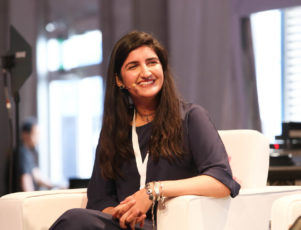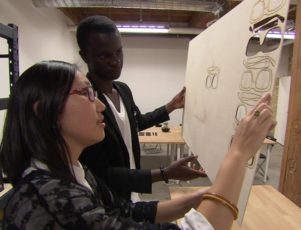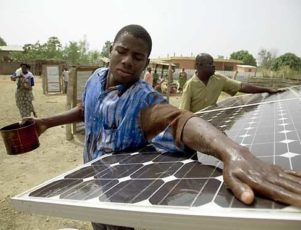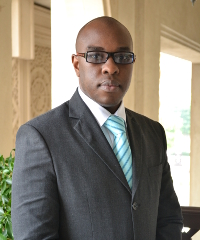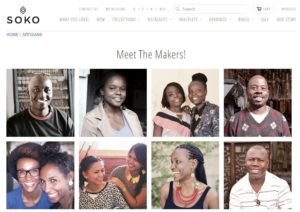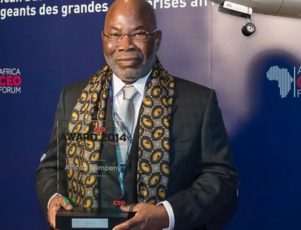Patrick Epaphra Ngowi is a Tanzanian entrepreneur, business leader, and environmental advocate known for his pioneering efforts in renewable energy and sustainable business practices. As the founder of Helvetic Group, a company specializing in solar energy solutions, he has played a crucial role in promoting clean energy across Africa. His entrepreneurial journey, coupled with his environmental activism, has made him a recognized figure in both business and sustainability sectors.
Early Life and Entrepreneurial Journey
Born and raised in Tanzania, Patrick Ngowi developed an interest in entrepreneurship at a young age. He pursued studies in business and renewable energy, which laid the foundation for his future endeavors. His passion for sustainability led him to establish Helvetic Solar Contractors, a company that introduced affordable and efficient solar power solutions to East Africa. The firm quickly gained traction, helping communities and businesses transition to renewable energy sources.
Business Achievements
Under Ngowi’s leadership, Helvetic Group has grown into one of Africa’s leading solar energy companies. The company has provided solar solutions to thousands of households, businesses, and institutions, reducing reliance on non-renewable energy sources. His innovative approach to business and commitment to social impact have earned him multiple awards, including recognition from Forbes Africa and other business organizations.
Ngowi’s success in the renewable energy sector has extended beyond Helvetic. He has been involved in mentoring young entrepreneurs, investing in startups, and advocating for policies that support green businesses. His business acumen and commitment to ethical practices have solidified his reputation as a forward-thinking leader in Tanzania and beyond.
Environmental and Social Impact
Apart from his business ventures, Patrick Ngowi is a strong advocate for environmental conservation. Through various initiatives, he has worked to promote sustainable energy policies and encourage businesses to adopt environmentally friendly practices. His efforts have helped to increase awareness about the benefits of renewable energy and the need for climate action in Africa.
Ngowi has also been actively involved in community development programs, supporting education, health, and women’s empowerment projects. By integrating sustainability into his business model, he has demonstrated that economic growth and environmental responsibility can go hand in hand.
Challenges and Future Prospects
Like many entrepreneurs in Africa, Patrick Ngowi has faced challenges, including regulatory hurdles, market competition, and financial constraints. However, his resilience and strategic vision have enabled him to navigate these obstacles and continue expanding his impact.
Looking ahead, Ngowi aims to further develop renewable energy projects across Africa and invest in emerging technologies that support sustainability. His vision includes expanding solar energy access to rural communities, fostering innovation, and influencing policies that drive Africa’s green economy.
Patrick Epaphra Ngowi is more than just a successful entrepreneur; he is a changemaker dedicated to improving lives through sustainable energy solutions. His contributions to business, environmental conservation, and social development have made him a respected figure in Tanzania and across the continent. As he continues to drive innovation and impact, Ngowi remains a key player in Africa’s transition towards a sustainable future.
Media : afrotribune.com


